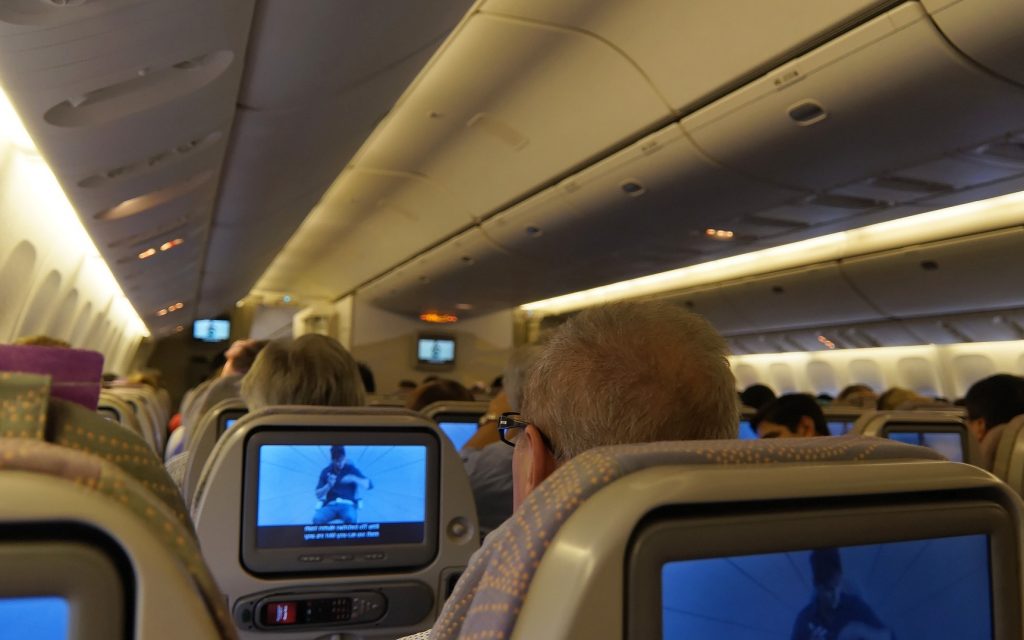 Subscribers Only
People
Subscribers Only
People 
In his second guest article, Michael Imperato explores what Brexit could mean for health and safety rights at work and consumer protections.
Both health and safety at work and consumer protection are areas of law which have been significantly influenced by the EU. In light of Brexit, will there be a move to amend current laws protecting people’s safety that are linked to the EU?
Personal Injury (PI) lawyers frequently apply EU-based regulations and directives to workplace personal injury claims. Of the many EU regulations in force that protect individuals in the workplace, perhaps the most significant of these is the 1974 Health and Safety at Work Act (HSWA), which ensures that workplaces in the UK and across the European Union meet minimum health and safety requirements.
Some will see many regulations as providing unnecessary ‘gold plated’ protection for workers and consumers, or ‘red tape’, which stifle competition and growth. There have already been calls for some EU protections such as removing the requirement for employers to provide eyesight tests for display screen equipment users, or be required to produce written risk assessments for small, low-risk businesses to be abolished. Brexit will almost certainly further encourage such thoughts and will also make a number of things more complicated over time.
For example, the ability of injured persons to sue an insurer directly in the UK stems from European directives, particularly for road traffic accidents. Likewise, EU legislation is of significant importance for consumer protection law across the European Union, and for those injured abroad, particularly whilst on holiday. The Package Travel, Package Holidays and Package Tours Regulations 1992 provide important and valuable protections and safeguards for tourists. For example, someone injured on a package holiday anywhere in the world, caused by their holiday operator, can sue in the British Courts under British law.
Protections while travelling
Claiming compensation for flight cancellations and delays has been gaining ground in the UK following recent rulings under EU law. Airlines are now obliged to pay compensation for disrupted flights due to technical faults. Under European Regulation 261/2004, passengers can currently claim up to €600, but since the vote to Brexit, there will be more urgency placed on making claims before any changes come in – we could see a PPI style massive rise in claims before an official exit.
Protections at work
For workplace injuries, building on the HSWA, six important regulations came into force in 1992 (the ‘six pack’), which took a big step to further protect people at work and which all claimant PI lawyers have relied upon ever since. These included, for example, the Provision and Use of Work Equipment Regulations, which makes sure that appropriate protective equipment, is supplied by employers where appropriate, and the Workplace (Health, Safety and Welfare) Regulations 1992, which place a duty on employers to ensure that the workplace does not present risks to employees that, could result in an accident. Since they were first introduced, these laws have significantly improved health and safety standards in the workplace, which could now be at risk with Brexit. However, the utility of the six-pack Health & Safety regulations has already been watered down by a number of measures, not least by section 69 of the Business Enterprise and Regulatory Reform Act 2013.
What happens now?
Given that there is a two year notice period to exit the EU, there are unlikely to be immediate changes to EU derived UK law. Much will depend on the negotiations over the future relationship between the UK and the EU. If, following full withdrawal from the EU, the UK were to become party to the EEA (European Economic Area) Agreement – ‘the Norway option’ – it would remain subject to many EU rules. Under the terms of the agreement, EEA members agree to ‘approximation of laws’ relating to the internal market, meaning that EU health & safety law directives are effectively adopted. In the long term, freed from the European dimension, UK Health & Safety and consumer law could start to look dramatically different.
As I mentioned in my previous article on the legal impact of Brexit, the real significance of it is that the direction of travel of the last forty years will be now be irredeemably reversed. The old ‘Common Market’, which the UK joined in 1973 was predominantly business focused. Yet over time the European Union has been seen as a place where the worker, the consumer, and more generally the injured European individual, looks for protection and assistance. We have now cut that cord with our European partners. Going forward, British workers will no longer be able to benefit from future similar EU directives and regulations, and there will be no European buffer or check on how the UK Government looks at (or, indeed, fails to look at) health & safety and consumer protection.


